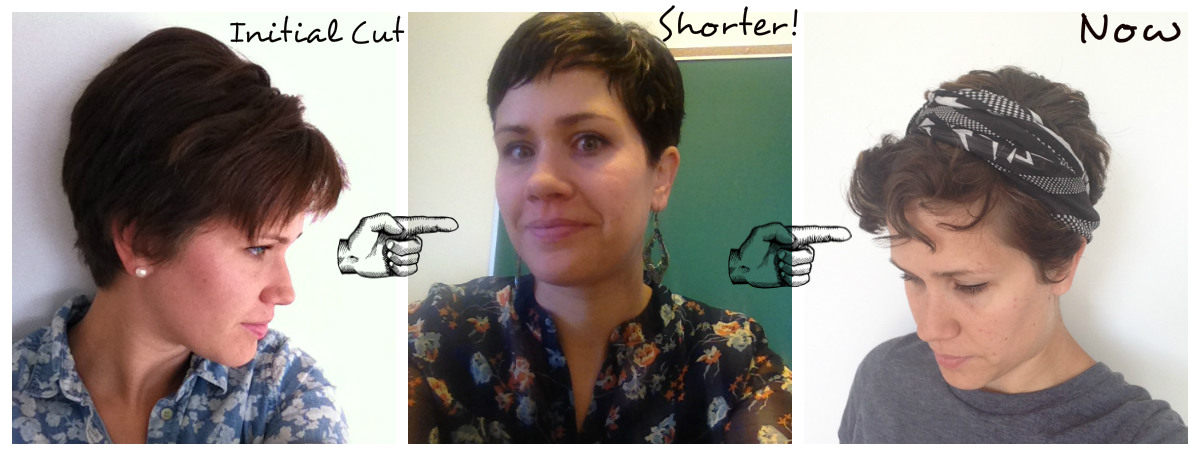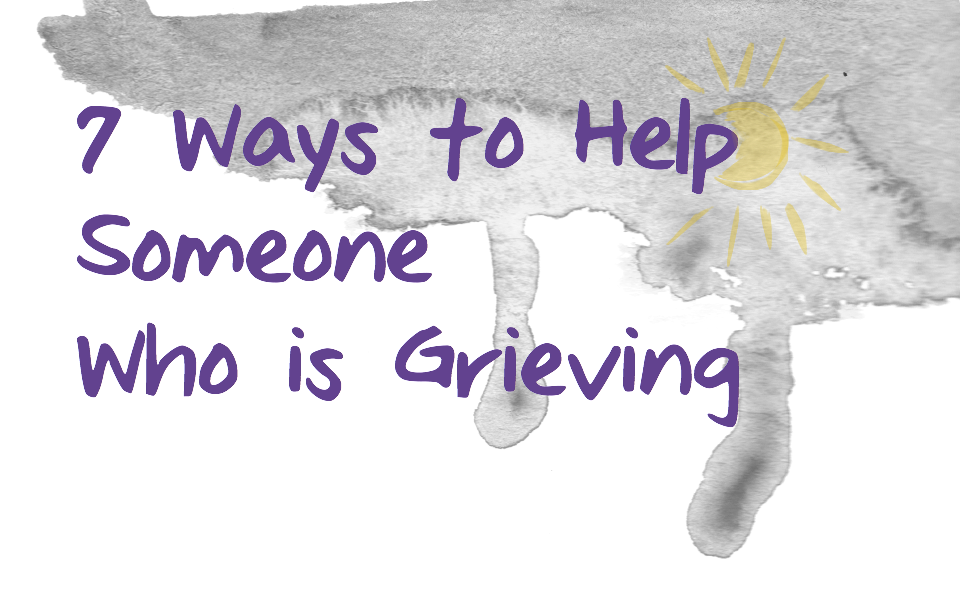How to Choose Curriculum (The Process)
Oh man.
"How do I know what curriculum to choose?" is one of the questions I get the most commonly when chatting with friends who are just starting out on their Homeschool adventure.
The short answer: I have no idea.
Luckily, the long answer is a little more helpful (haha). I've tried to think about how I, personally, go about choosing, and I have a system that I consistently, intuitively follow each year so I'm going to attempt to crystallize it into a few steps and a few questions to ask yourself as you go if you want to follow a similar decision making route.
1) Start with 5 words/phrases
You will make the whole process so much easier on yourself if you start with your end goal for the year in mind (NOT for their whole schooling career, please don't stress yourself out like that). Just take this year in hand and heart and get a little quiet inside.
There are a million possibilities for what a homeschool year can look like, so get honest about what THIS year needs to be for YOUR kids. Sometimes it'll look like a more academically rigorous year heavy with fascinating study and deep investigation; sometimes it'll look like a more relaxed, process based, exploratory year.
Julie Bogart of Bravewriter fame does all of the above, mapping her year out with more rigorous lessons in the fall, more holistic unit studies in the winter, and unschooling/exploratory learning in the spring, following a cyclical/seasonal approach. We haven't implemented that approach (yet), but I love the recognition that things evolve and change throughout even one school year and that you don't have to just choose one approach.
Brainstorm a whole page of words/phrases that describe what your year needs, and whittle it down to the 5 most poignant and inspiring for this season of your family's life (ex: nature-based, cozy, investigative, structured, science-led, art-led...). Those will be both filter and roadmap to guide you through the curriculum jungle.
2) Research Like A Maniac: Ask friends for advice, research online, read all the things.
This is the amassing info part. Get all the ideas and possibilities down, not only specific structured broad scale curriculum, but also a variety of learning approaches, pick-and-choose courses and classes, etc. Some you'll know to immediately discount, but if you're not sure yet, just write it down so you don't lose track of it. Take notes on what others have said about it, what they liked and didn't. Gather ideas like they're coupons for free donuts.
3) Hold up curriculum to your 5 words/vision for the year.
This is where you'll take your original vision for the year and hold it up (metaphorically) against the curriculum choices. Does this curriculum/course/class fit with what you feel your kid needs? Does it just sit right with you, or just wont leave your mind even when you try to eliminate it?
And here's a note for all you addicted to the magic of possibilities and struggling to get down to a decision, just remember: some curriculum is AMAZING, but just simply not right for your kid for this year, this season, this time. Give yourself the permission to say, "Maybe next year!" or "Great for others, not for us right now!" and walk away. Stay open, and allow yourself to follow your gut, intuition, inspiration. Curriculum doesn't have to be perfect to be effective and inspiring. Sometimes it's the curriculum that may not seem ideal that speaks to your kid in a way that just clicks.
4) Jump in and give it a shot
You've made it to the point where you're going to make the call, buy the thing, officially decide based on your vision, careful thought, and wise instinct. Now: leap into it with both feet! Dive into your choice and give it at least 4-6 weeks of solid, consistent commitment before reassessing. This time frame gives you enough familiarity with it to know any friction you may be feeling is just adjusting to a new routine or a sincerely bad fit.
5) Reassess and Adjust as Needed
Take inventory as you go, noting how things are/are not working for you. This info will help you in your next decision, so make these observations with gratitude for what it is teaching you about your preferences and your kids' learning styles. No beating yourself up for choosing the "wrong" thing. We do this all one step at a time.
---------
There is so much to tackle when it comes to choosing material for your child to use in their learning. I could chat forever on the various aspects of it all. But the bottom line is: You've got this! You know your kid (and if you feel you maybe actually don't that well, take some quality time to get to know them better, it's fun!).
Happy curriculum searching vibes, love you.





Comments
Post a Comment